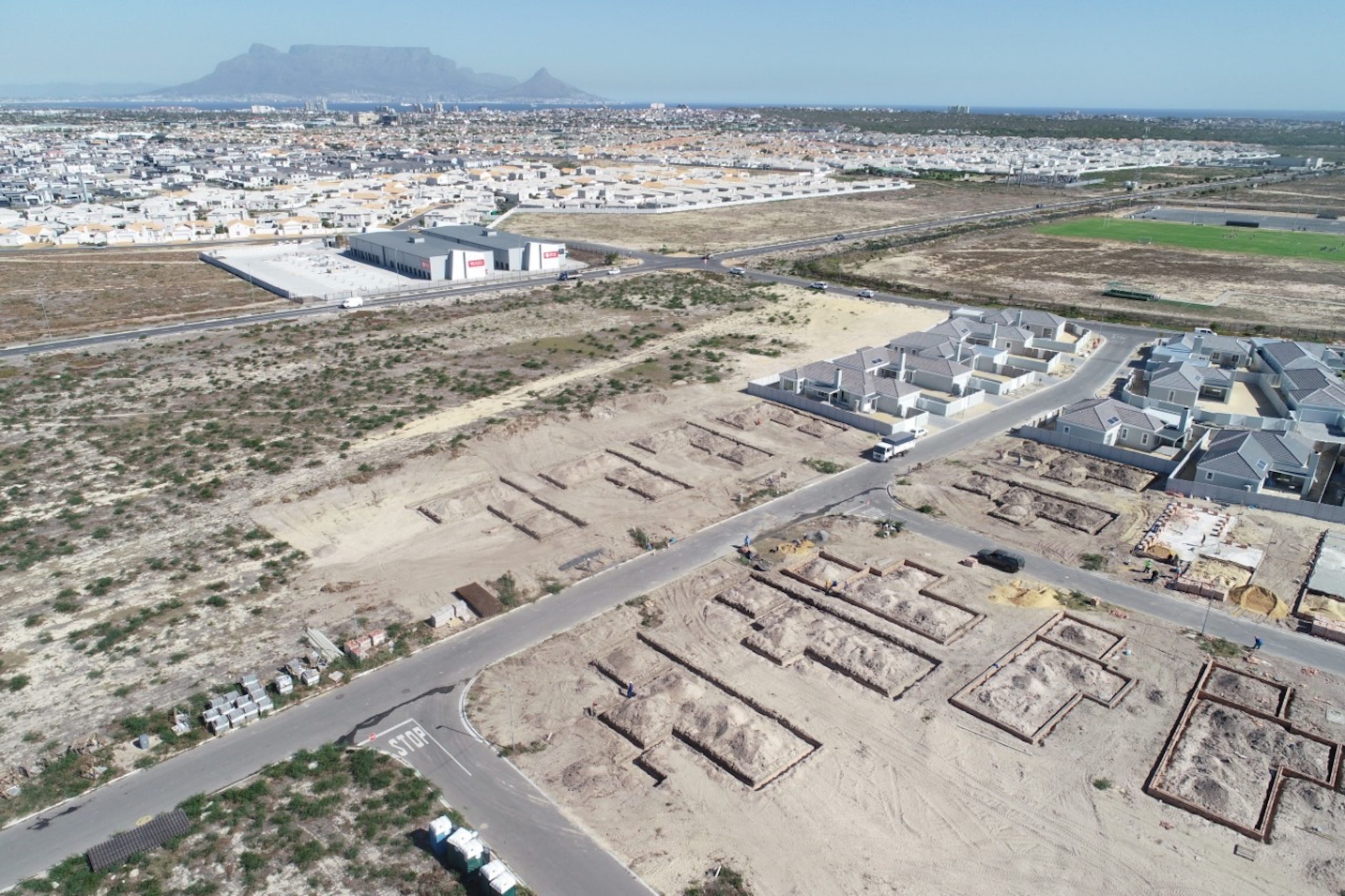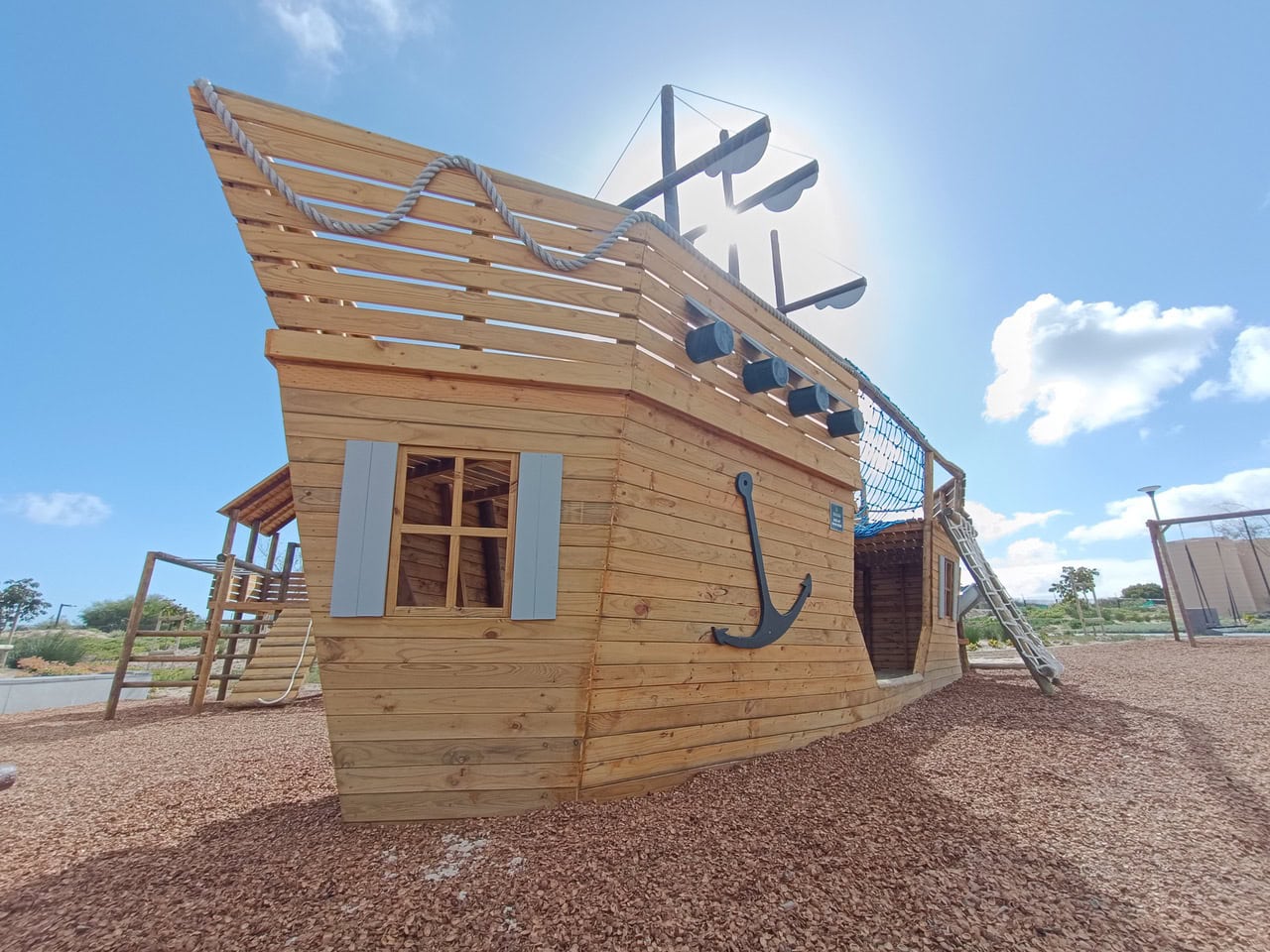Five years ago in 2017, Garden Cities launched an environmental education collaborative in Greenville and invited various organisations – ranging from local NGOs to government entities – to offer their support for the programme.
The primary aim of the Environmental Education (EE) framework was to establish an initial platform that could support the formation of a collaborative. While it is anticipated that the collaborative will ultimately be a self-organising body, its structure took time and required significant hands-on support from key stakeholders.
In terms of the Framework, Garden Cities (NPC) RF gave its commitment to lead and resource the process, addressing the following key objectives:

- Identifying and involving stakeholders
To initiate the programme, Garden Cities (with the guidance of Icologie) engaged with local community leaders who in turn, identified various residents, NGO’s and community-based organisations who had an interest in improving their environment. Garden Cities were included in community meetings and workshops hosted by the GiveWise foundation which allowed them to share their programme objectives and get input from the community. From this engagement, five core members were identified as the initial “steering committee” and the team was named Mosselbank River Conservation Team (MRCT).
During the five years of engagements the stakeholder list has been evolving. The main stakeholders in the collaborative include Garden Cities, the City of Cape Town Water and Sanitation Department, Nature Connect, PlasticsSA, Tygerburger, RNDA, Wonlife, UWC, VULA, Shoprite Act for Change and local community based organisations in Greenville and Fisantekraal.
During this phase of the programme, the MRCT received a small Grant from Nature Connect to kick start the programme. Equipment was bought, training provided and Garden Cities donated a storage container with branding, which is now the MRCT office.
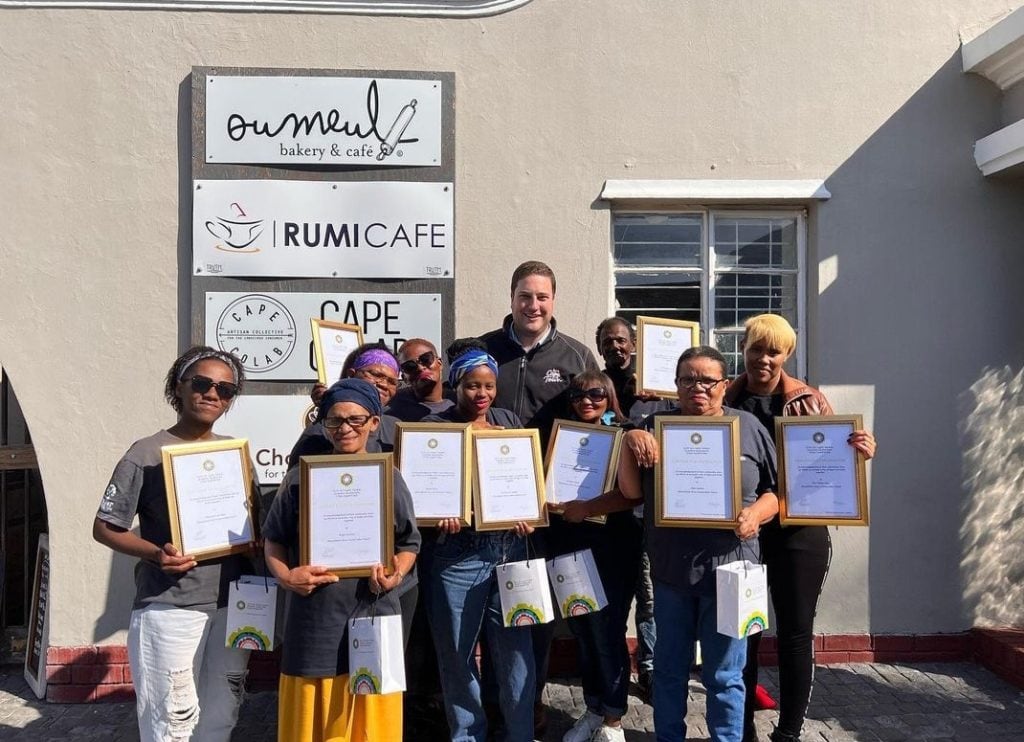
- Building individual and collective capacity
The first MRCT learning excursion was to Friends of the Liesbeek where the core members received guidance as to what would be required to start a “river team” in terms of training, maintenance, equipment and PPE. The MRCT was shown how to conduct a MiniSASS, which is a river health assessment tool, still being used to this day by the MRCT.
In terms of skills training, the core team attended administrative and leadership courses, First Aid, snake awareness and handling, swimming lessons, fire awareness and water quality workshops. The team also undertook field visits to Kirstenbosch Gardens, the Aquarium and Lourens River.
The MRCT shares its knowledge via engagements with Fisantekraal Seniors Club, the Library holiday programmes, UWC Community Health projects and Fisantekraal primary school to name a few. Building relationships with these various institutions ensures sustainability of the project, inspires greater innovation and flexibility to respond to the changing environment, and increases the capacity of not only the team members but the local residents as well.
- Accessing, generating and using information
The third sub-objective requires establishing information platforms that generate and communicate knowledge and ideas. MRCT has an active Facebook Page, Instagram Page, WhatsApp Group and Mail chimps to share events and information to stakeholders. Printed posters are provided to the community hall and library, catering to the residents who do not use the internet. The MRCT and its members also report any environmental damage to the local authority. It also organises community engagement activities and exploration as tools to generate and share information.
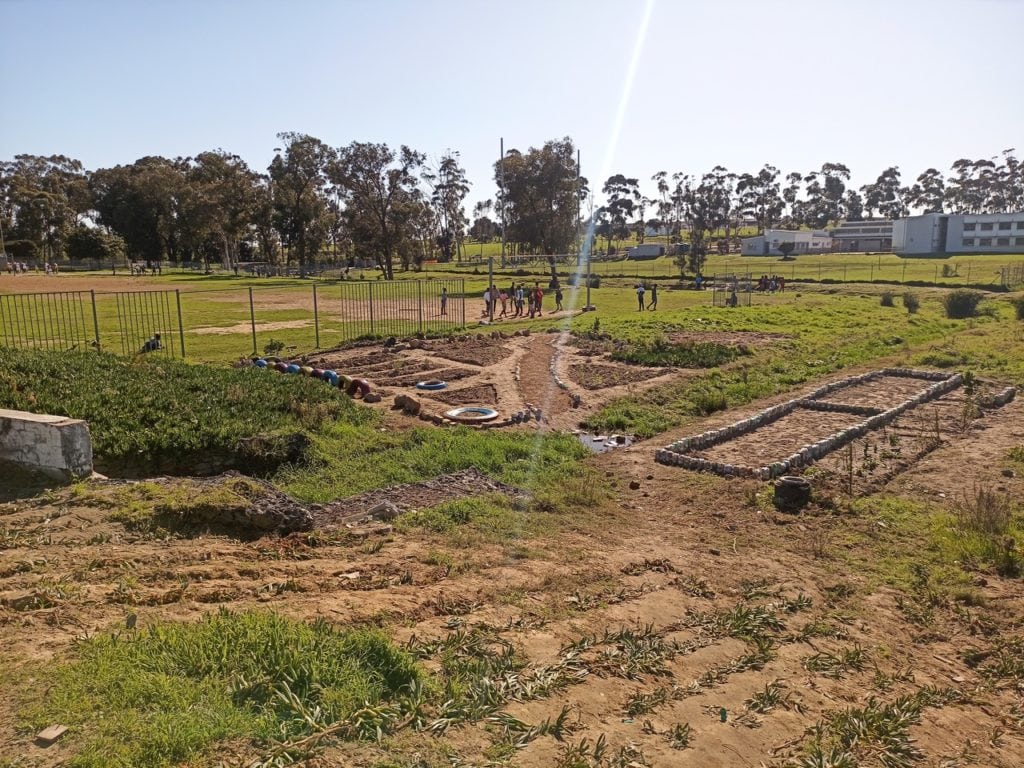
- Establishing ownership and recognition
Here, an action-based steering committee was recommended. In 2017 the MRCT started with five core members and now has 16 registered members who help coordinate and arrange MRCT events and clean-ups.
The MRCT takes responsibility for monitoring and reporting polluting activities, maintaining the river beds and slopes, planting and weeding. It conducts litter runs and educates the local residents on the importance of a healthy environment.
So far, the following projects have been undertaken:
- 41 Community Clean-ups
- 24 Community Eco Events (World Environment Day, World Wetlands Day, World Rivers Day etc.)
- Collected 2151 filled refuse bags (since 2019)
- Diverted seven tons of waste from rivers (Since 2019)
- Started a community food garden to curb illegal dumping
The MRCT is recognised in the community as one of the leading environmental organisations and heads most of the community clean-ups, community eco-events and school engagements. This year in April, the MRCT was recognised by Mayor Geordin Hill-Lewis for its dedication, and efforts to keep Cape Town Clean.
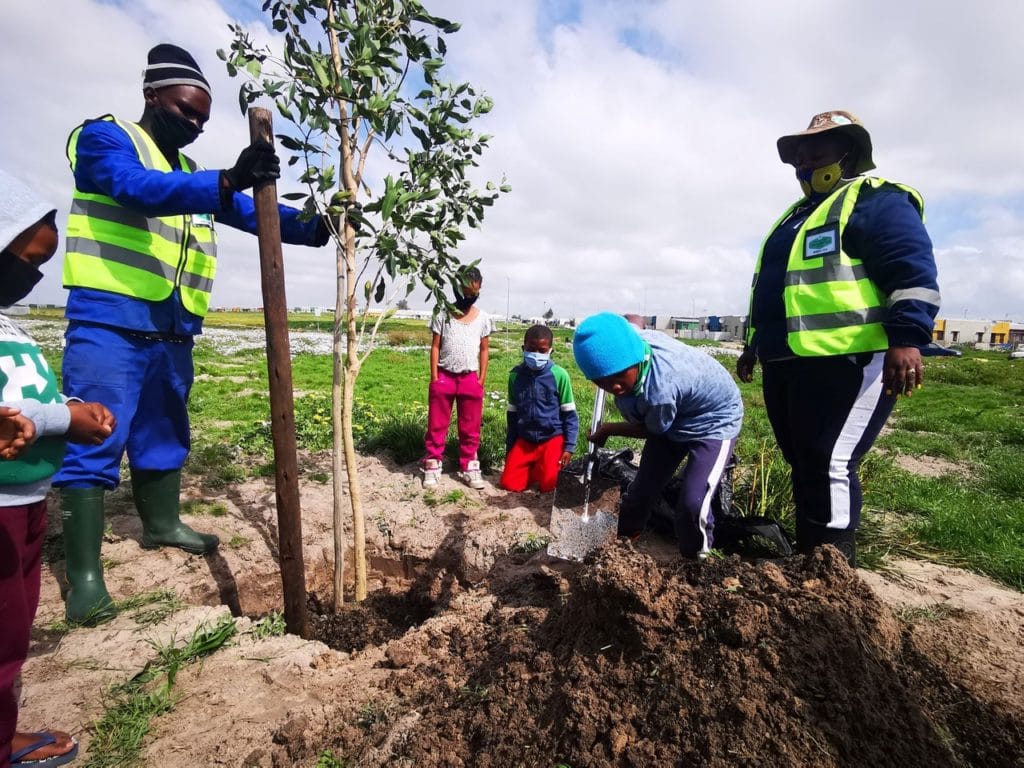
- Resourcing
The fifth objective is to identify and establish funding pathways to resource initiatives across each of the objectives above. Registering as a NPO was suggested as funding can be applied for. The MRCT registered as a NPO in 2021 which also allowed that programme to be handed over from Garden Cities to the Steering Committee. Four of the original members in 2017 are registered as the directors of the NPO. They established their mission and vision, Constitution, Code of Conduct and opened a bank account. Currently, the MRCT depends on donations to stay active and have started a Back-a-Buddy campaign to raise R30 000. That’s R2500 per month to roll out the education programme and maintain equipment etc.
MRCT’s ongoing Vision is to Establish a Friends of the Mosselbank (Community River Campions) where its main goal is to rally all landowners, NGOs, Local businesses and local authority together to stand together and protect this water course through positive and meaningful engagement with the natural environment and its people.



